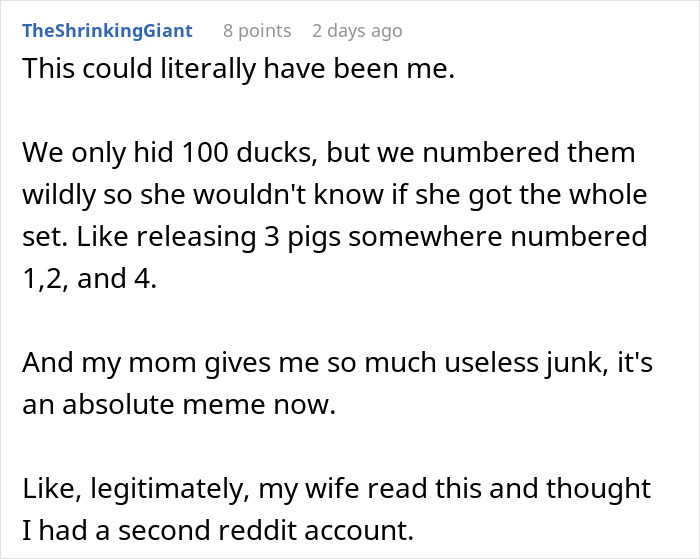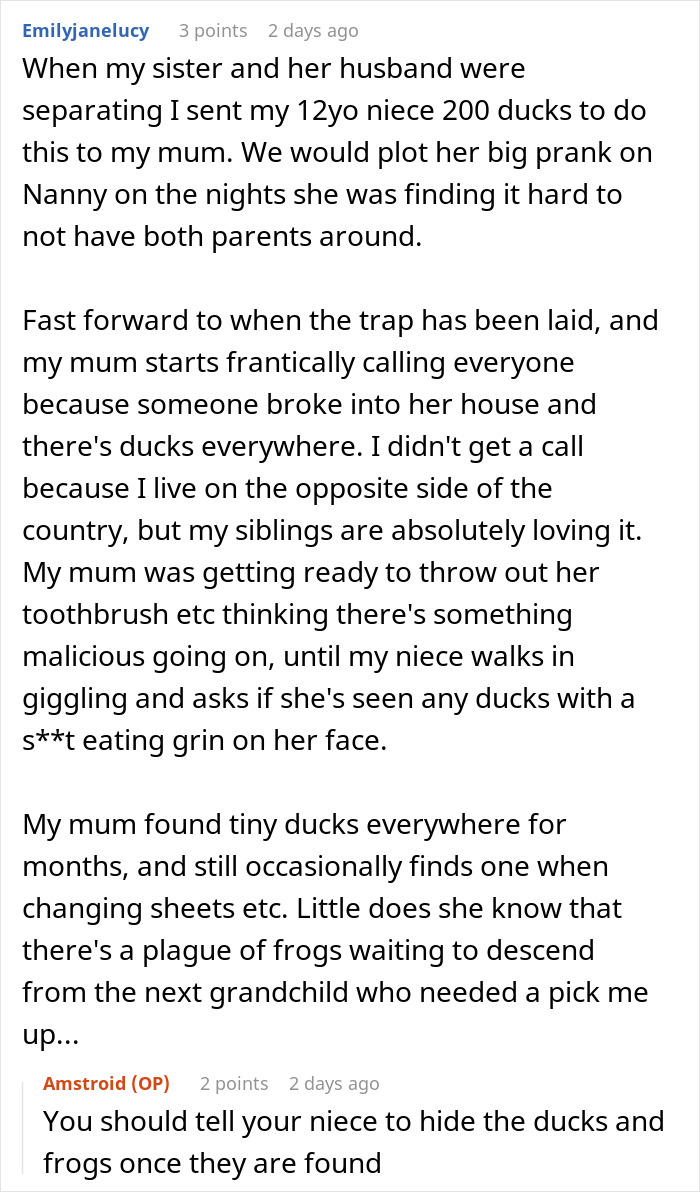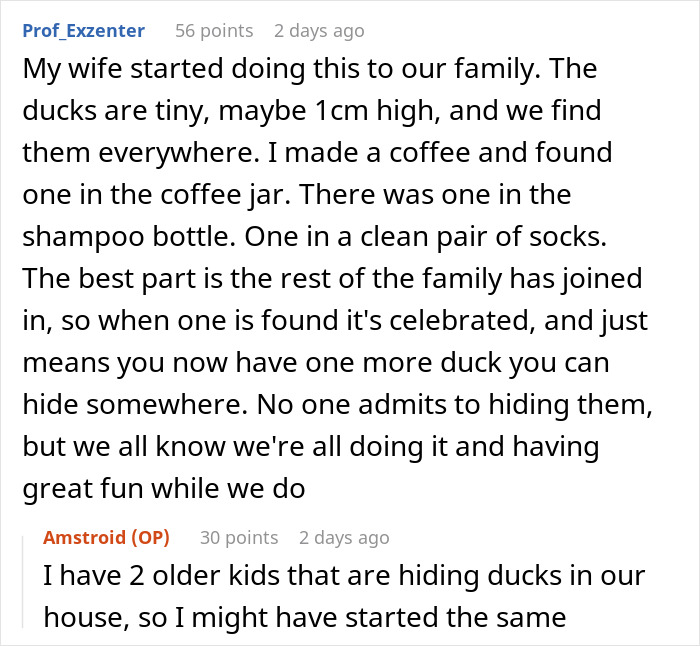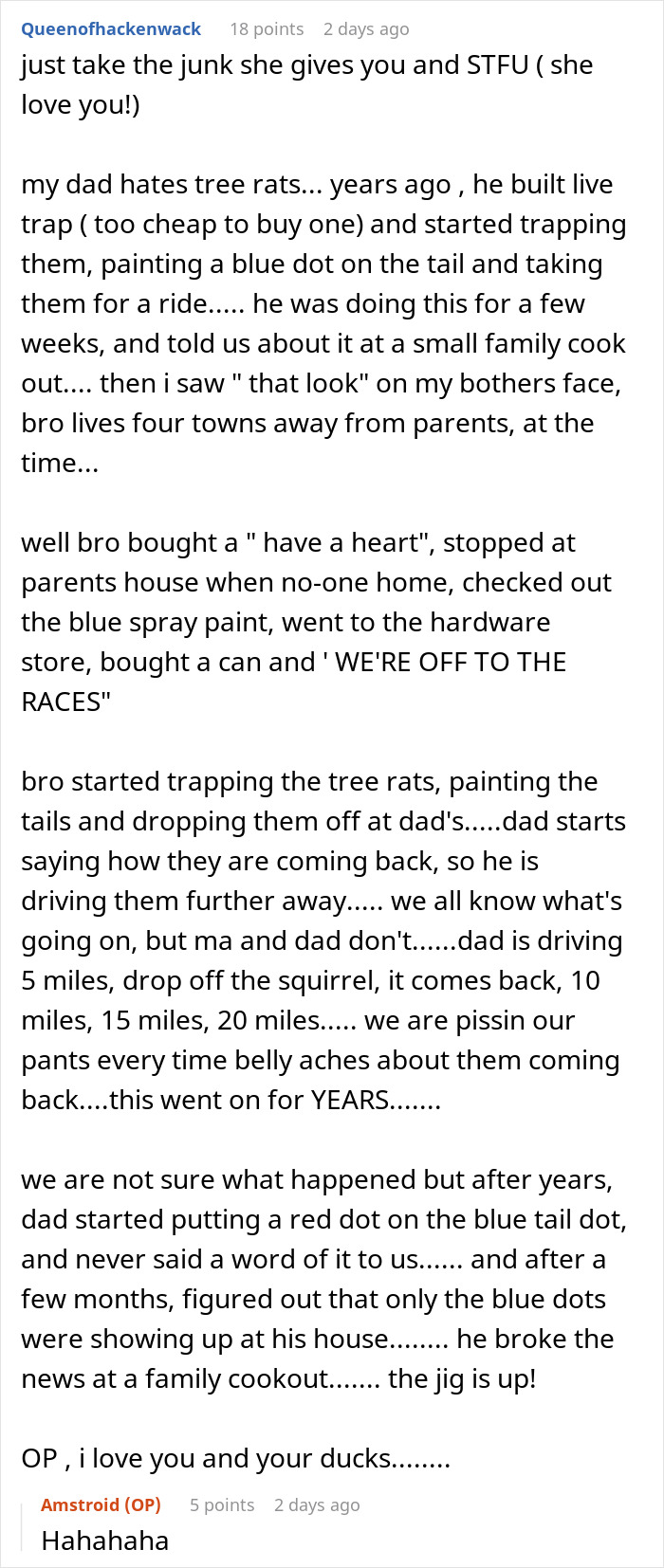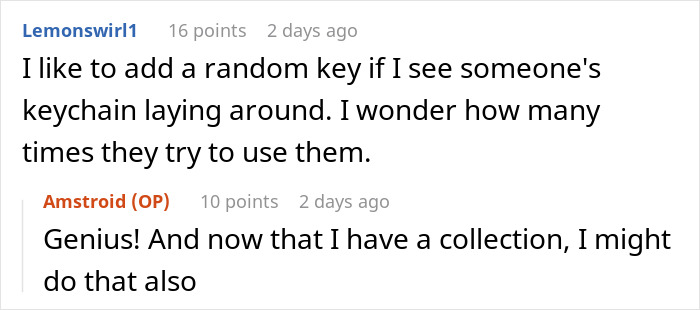“my Mother Kept Donating Me Junk, So I Hid 200 Ducks In Her House”

Embracing humor and playfulness as often as you can is the best way to go through life! And if you can make your loved ones smile and laugh with some surprises, then you’re definitely winning at life. Someone who definitely seems to get this philosophy is Redditor u/Amstroid.
The internet user recently shared one of the most wholesome ‘petty revenge’ stories we’ve ever seen online. He opened up about how his mom keeps ‘donating’ junk to him. In order to gently get back at her and amuse her, he hid hundreds of plastic toy ducks all over her house. However, his plan ‘backfired’—in the best possible way. Scroll down for the full story.
Bored Panda reached out to the author of the viral story, and he was kind enough to answer our questions about the brilliant duck idea, as well as what he might potentially have planned next. He also stressed the fact that his mom does not have any problems with hoarding and has no issue throwing stuff away. You’ll find our full interview with u/Amstroid as you read on.
Some people find amazingly creative ways to make their loved ones smile
Image credits: heartcreative / envatoelements (not the actual photo)
A man shared how he hid hundreds of ducks all over his mom’s house, to get wholesome ‘revenge’ against her


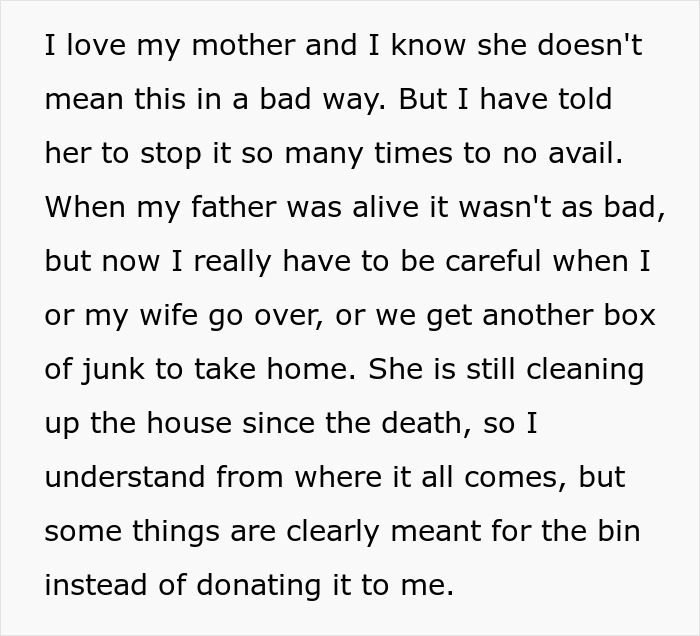
Image credits: Angelov1 / envatoelements (not the actual photo)
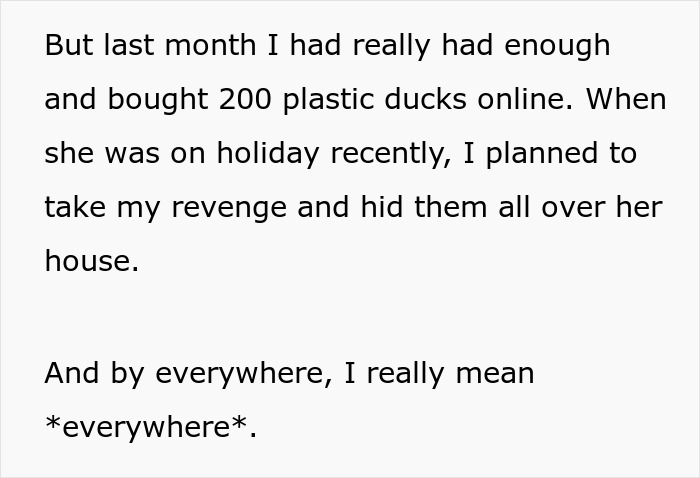

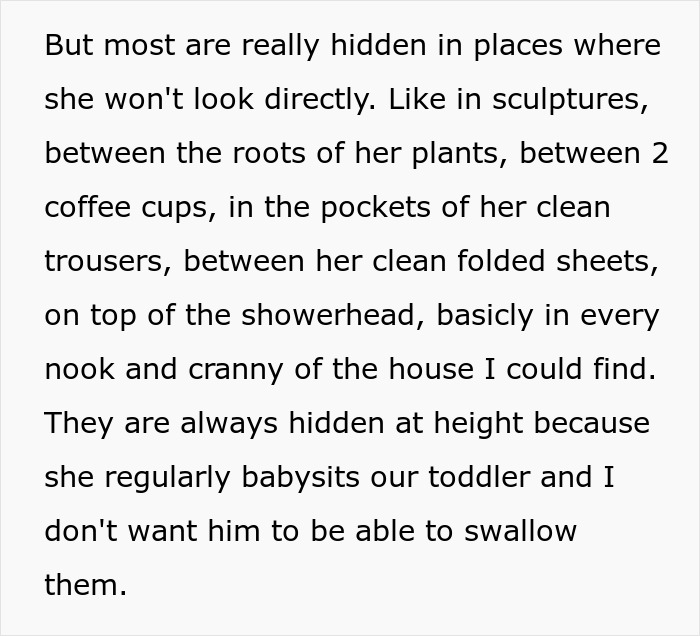
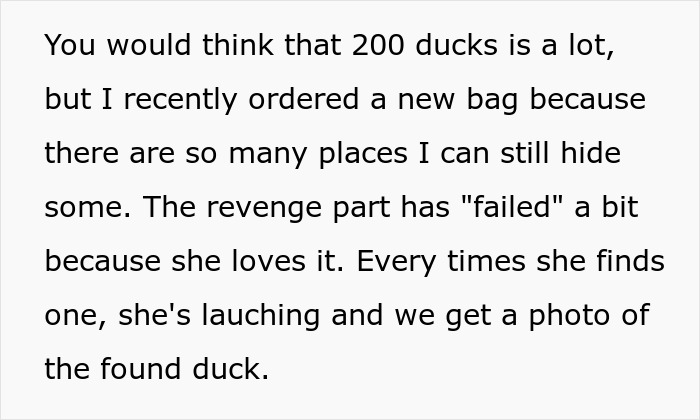
Image credits: GrooverFW / flickr (not the actual photo)
Later, the author shared a few more important details
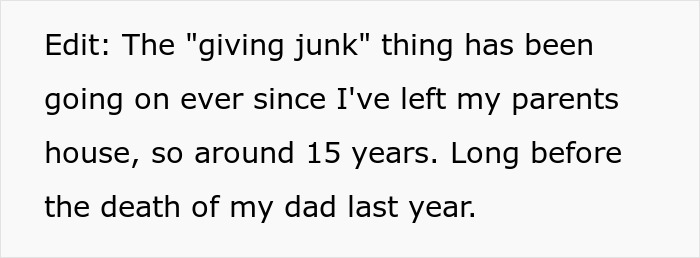
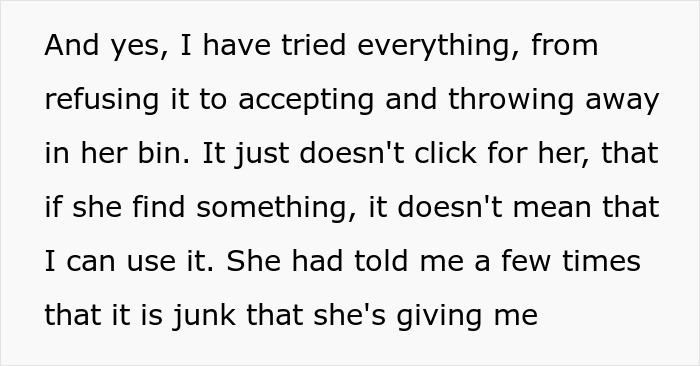

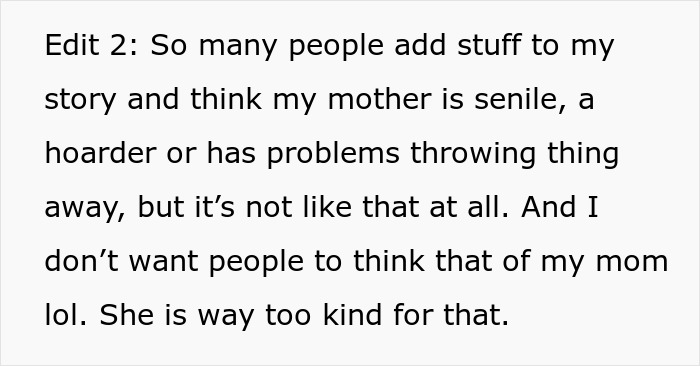
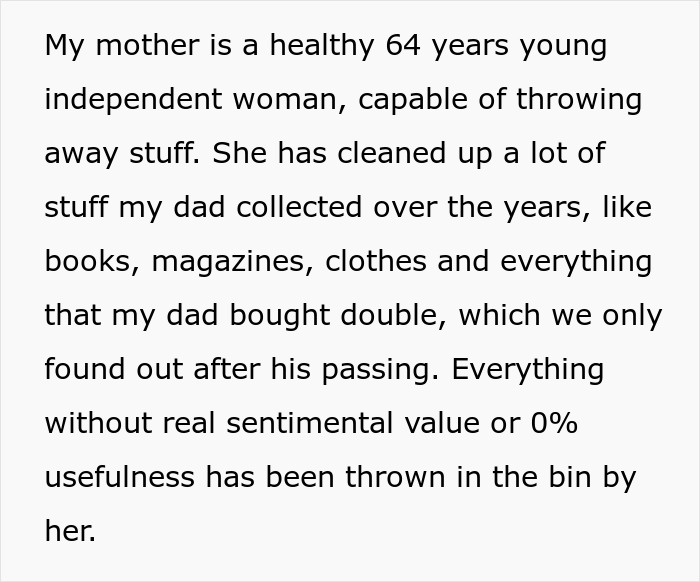
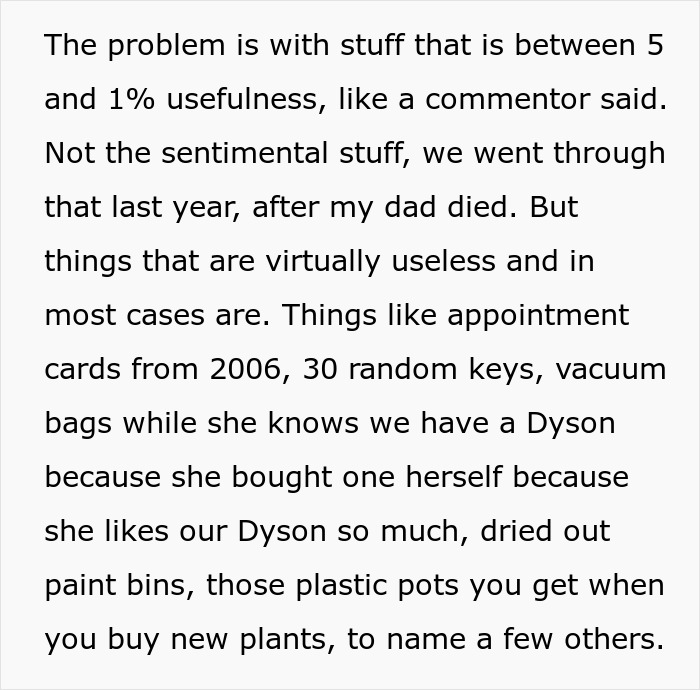
Image credits: Amstroid
The man has some brilliant and fun ideas for what to do next to surprise his mom
Image credits: YuriArcursPeopleimages / envatoelements (not the actual photo)
According to u/Amstroid, a big part of the inspiration behind his duck idea comes from legendary comedian James Veitch. “You have that hilarious video from a few years back, where he has a few ducks in a bathroom and always multiplied until he had a whole bunch of them. That always stayed in my head as a funny prank,” he told Bored Panda.
“My parents brought back plastic ducks for my kids when they were on holiday, but those needed to be replaced due to them being extremely gross. While I was searching to replace them, I came across an Amazon page with 200 ducks for like €20. There are so many options on Amazon for 100+ plastic ducks. I bought a bag to hide them randomly in my own house for my kids to find them. But it never came to that due to my father’s death a year ago,” the author opened up to us.
“My mother went on a holiday recently for the first time, and while I was visiting her house to check things, the idea just popped into my head. Like, how funny it would be [for her] to come back from a holiday, being very tired from the return trip, open the door, and see a small 20mm-height blue duck in the middle of the hall. And then I just started hiding the other 199 ducks everywhere I could. And by everywhere, I really mean everywhere.”
According to the author, his mom loves the duck hide-and-seek idea. “She never knows when she’ll find one. Yesterday, she found the 112th duck, and I told her there were 200 ducks hidden. But she doesn’t know that I have another 200 ducks lying in my car. And another 50 bigger ones, 50 glow-in-the-darks, and 500 googly eyes. She has forbidden me to tell her where they are because she’s having a chuckle every time finds one. Now, imagine that she takes a coffee cup, turns it over, and there are 2 googly eyes looking back at her.”
He said that he definitely knew that his mom would like the first duck because he knows her so well as a person. However, there was less certainty about how she’d react after the 5th, 10th, etc. duck. So far, though, the ‘revenge’ plan has been wildly successful and amusing for everyone!
We were extremely curious about what else the author has planned to amuse his mom in the near future. “Next year, she’ll turn 65, and I’m playing with the idea of getting her a really big duck for her birthday if we can keep this duck thing interesting until then. If it dies out or becomes dull, I won’t do it, but I have a feeling I’ve started something that might go on for a long time. I have found a 3-meter-tall duck, but for like €800, which is a bit out of my price range for a joke.”
There are lots of things that you can do to get rid of stuff that you don’t need, has no sentimental value, or is partly useful
Image credits: Zinkevych_D / envatoelements (not the actual photo)
The author reiterated that his mom does not have any problems throwing stuff away. He finds it strange that so many people think it’s an issue. However, he admits that his mom keeps thinking that he might find some items useful, even though most people would see them as junk.
According to u/Amstroid, anyone who has issues throwing stuff away can donate their possessions to various organizations or sell them through secondhand markets. (The internet is great for that kind of thing.)
“Last weekend, I brought an old bike to such an organization, and my mom gave a lot of old clothes from my dad to them. There is no point in keeping everything and letting it go to waste if you can help someone else. And if you are not sure if you could perhaps use it in the future, store it in a box and write the date on the box. If you haven’t opened that box 6 months later, it’s probably not containing useful stuff, and you can donate it or sell it through the secondhand market,” he said.
Many of us know how hard it is to throw something away when it’s likely that the item might be useful in the (very far-off) future. If there’s a chance the thing might be of use, it feels like throwing it away would be the same as flushing your hard-earned money down the drain. And, on some level, it feels deeply sad if an item, tool, or toy doesn’t fulfill the purpose it was created for.
So, some of us keep hold of those possessions. We might bury them deep in our drawers and closets or pile them up in boxes in our garages. Or, wanting to free up some space and feeling a twinge of guilt, we give them away to our family, friends, and coworkers. Hey! At least someone else will find it useful, right?
You won’t get any negativity or holier-than-thou judgment from any of us because parting with things is hard. No matter if the item in question is sentimental or not. (And who here doesn’t have a box of random wires and techno-knick-knacks?)
If you find yourself surrounded by stuff that’s only potentially useful (in that very far-off future we mentioned before) but actually not used in your day-to-day life, it’s probably best to downsize. What you do with it will depend on each particular thing.
Some things you’ll probably want to donate to your local charity shop. You might get rid of others by hosting a small garage sale for your local community. But you should not feel guilty about throwing a big chunk of items away, either.
The author’s mom does not have any issues with hoarding, but many people around the world suffer from this disorder
Image credits: ira_lichi / envatoelements (not the actual photo)
The author of the post clearly pointed out on Reddit, and stressed to us, that his mom does not have a problem with hoarding or throwing things away. Unfortunately, there are many other people around the world who do, and they require help. According to the International OCD Foundation, between 2% to 6% of the global population suffers from hoarding disorder, and it is considered a universal phenomenon, no matter the culture or ethnicity.
Hoarding disorder is around three times more common in adults aged 55 to 94 years old compared to younger adults aged 34 to 44 years old. With that being said, hoarding symptoms can occur in young children, too.
Symptoms first emerge between the ages of 11 and 15. By the person’s mid-twenties, the hoarding disorder first starts to interfere with their everyday functioning. By their mid-thirties, the individual might be significantly impaired.
Three-quarters of folks suffering from hoarding disorder also suffer from other major disorders, including social anxiety, social phobia, generalized anxiety, and depression. Meanwhile, around a fifth of hoarders also have obsessive-compulsive disorder.
There are situations where the line between common sense pragmatism and hoarding is very fine indeed. At times, it’s hard to know that the issue is deeper and more pressing than it seems. However, it’s never ‘shameful’, nor is it a sign of ‘weakness,’ to seek a mental health professional’s opinion if you suspect that you or a loved one might potentially be prone to hoarding.
In some cases, individuals can have mild versions of the disorder. For others, however, their daily lives become a challenge
Image credits: towfiqu98 / envatoelements (not the actual photo)
Hoarding disorder essentially means that an individual has a hard time parting with their possessions. There are milder and more serious variants of the disorder. In some cases, the person’s daily life might not be impacted all that much. At other times, they might barely be able to function as the rooms in their home gradually fill up too much to be used.
Broadly speaking, people suffering from hoarding disorder believe that they need to save their possessions. They might feel distressed at the very idea of having to get rid of some of their things.
And they might end up being surrounded by a very large number of items at home. In more serious cases, this might result in them living in extremely cramped, low-quality conditions, which puts their health and life at risk.
Mayo Clinic explains that intensive treatment can help people suffering from hoarding disorder and that they can change their beliefs and behavior in such a way as to live a more enjoyable (not to mention safer!) life.
Generally, people suffering from hoarding disorder get and keep too many items they might not need right now or might not have the space for. They may think that their things are unique, might be useful, or have sentimental value. They might want to avoid wasting anything, and they feel safer and more comfortable surrounded by all of their possessions.
These individuals also tend to have issues with planning and organization. Their hoarding can lead to hygiene problems around their home and can greatly strain their relationships with their loved ones, who either want them to change their ways or visit less because of how messy their home has gotten.
What did you think of the story, dear Pandas? How would you react if you suddenly started finding ducks everywhere? Would you ever do the same thing the author did, to brighten up your loved ones’ day? Let us know in the comments!
The internet absolutely loved the duck story. Here are some people’s reactions, as well as the author’s interactions with them

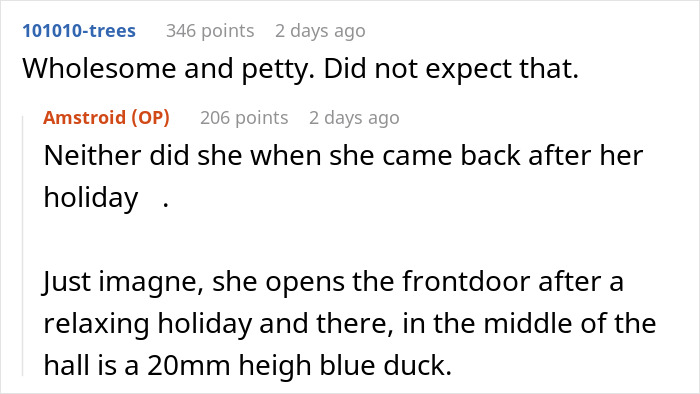
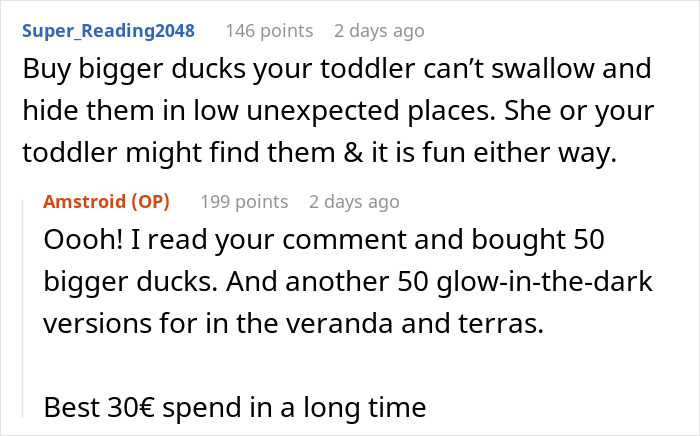
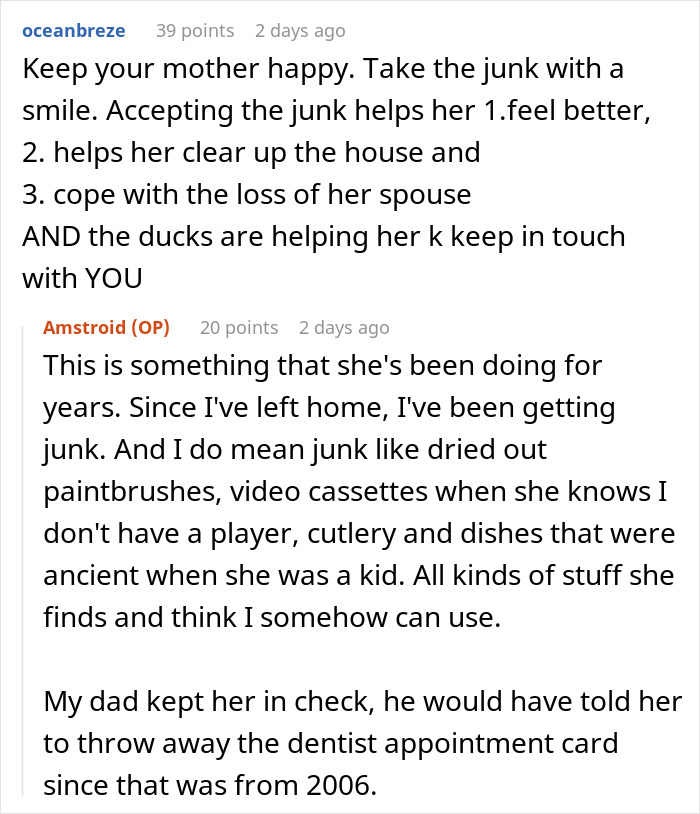
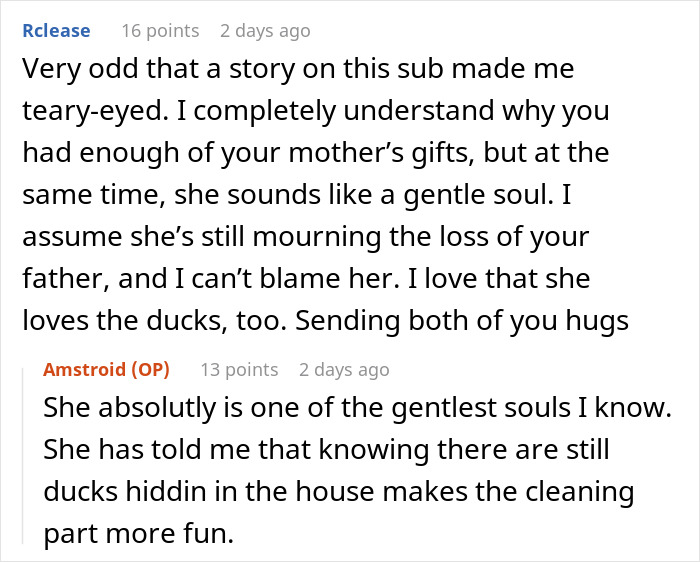
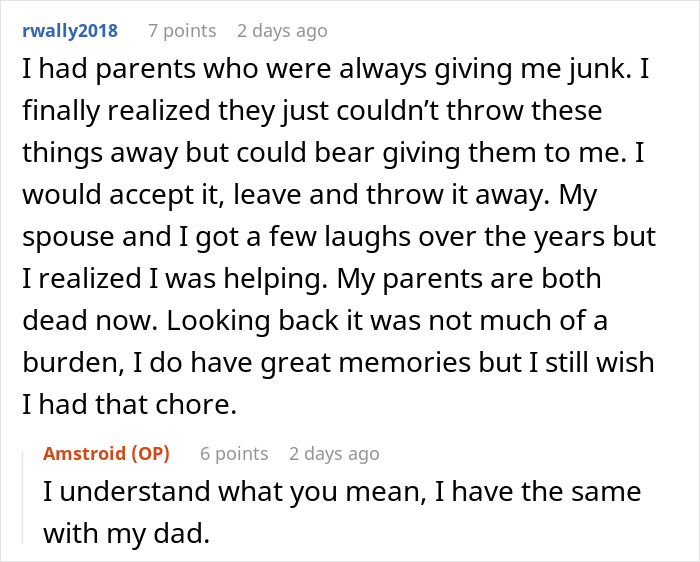
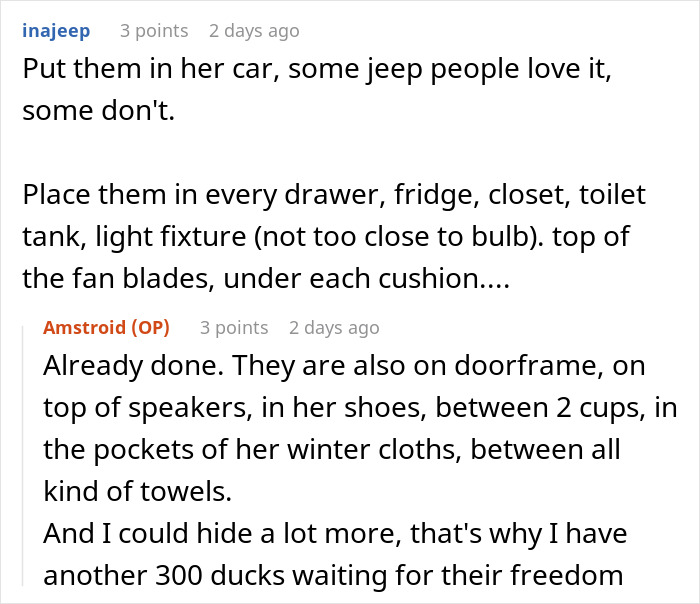
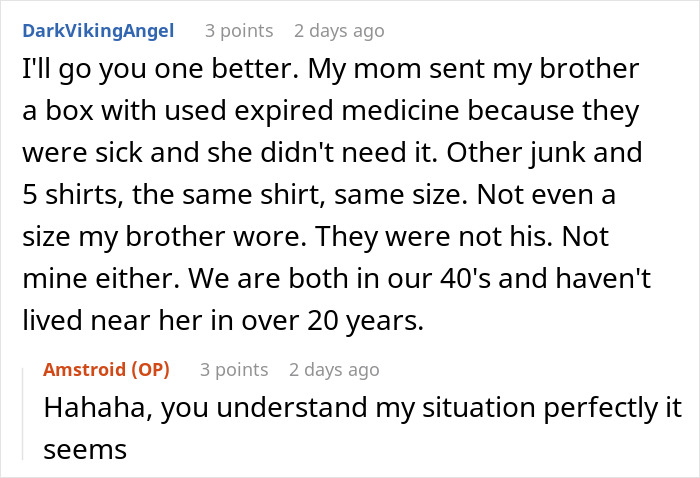

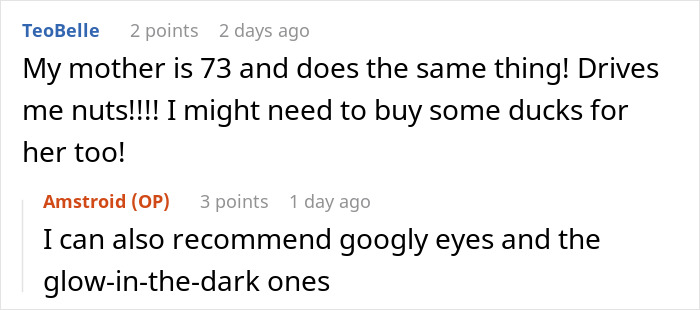

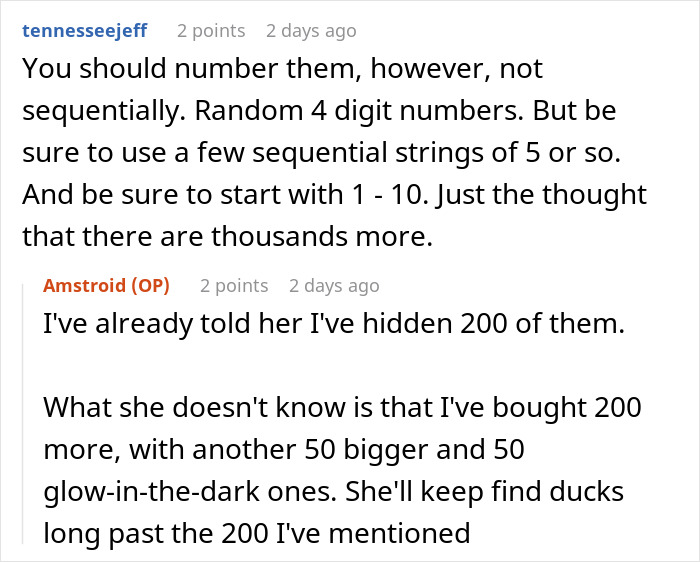
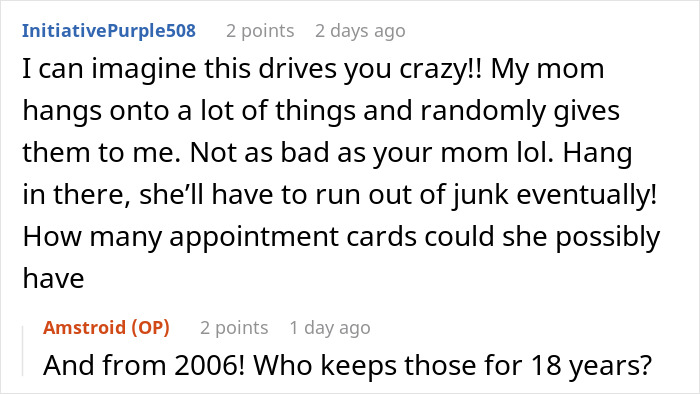
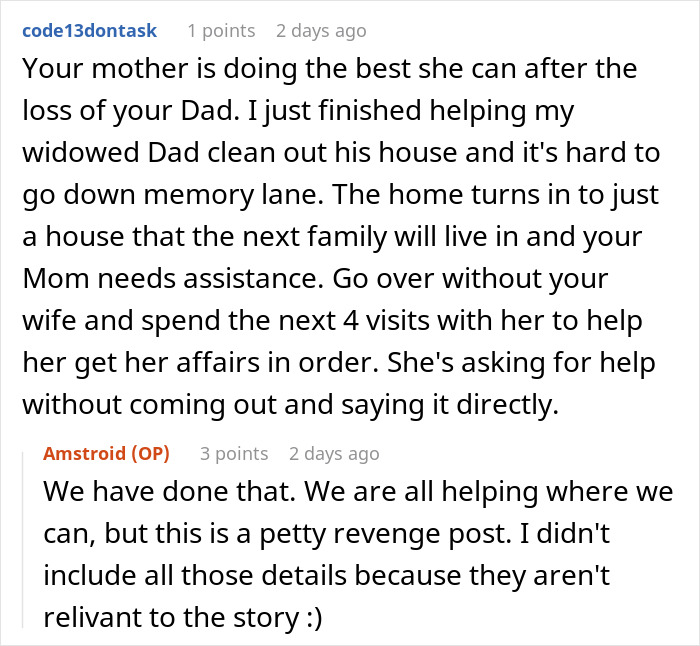
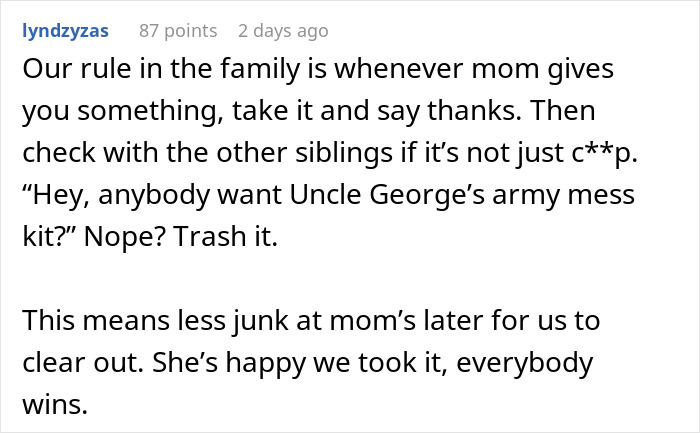





Many readers had similarly awesome stories to share. Here’s a few of them
